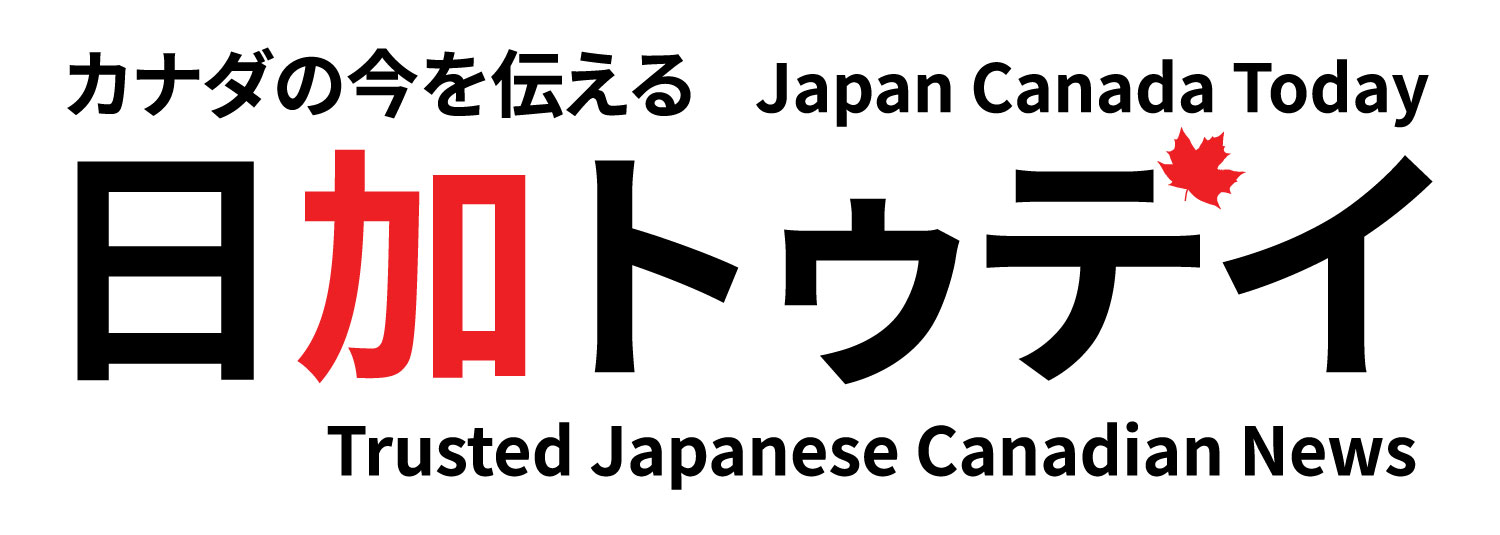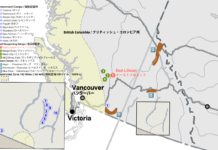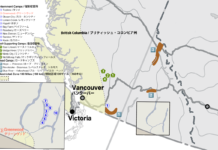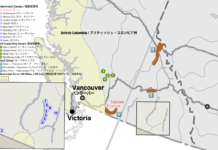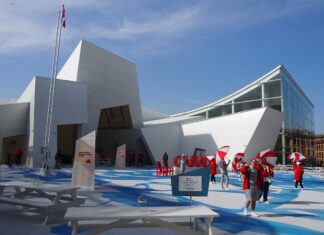In February 1942, the federal government decided to set up four major road building camps (referred to as “road camps”) in British Columbia, Alberta, and Ontario. The camps were set up in three locations in British Columbia—Hope-Princeton, Revelstoke-Sicamous, and Blue River-Yellowhead—and one in Ontario, Jackfish-Schreiber. Among these, the three camps in British Columbia were considered to be a priority for national security reasons.
Japanese Canadian men forcibly relocated from coastal areas of British Columbia were sent to these three road camps.
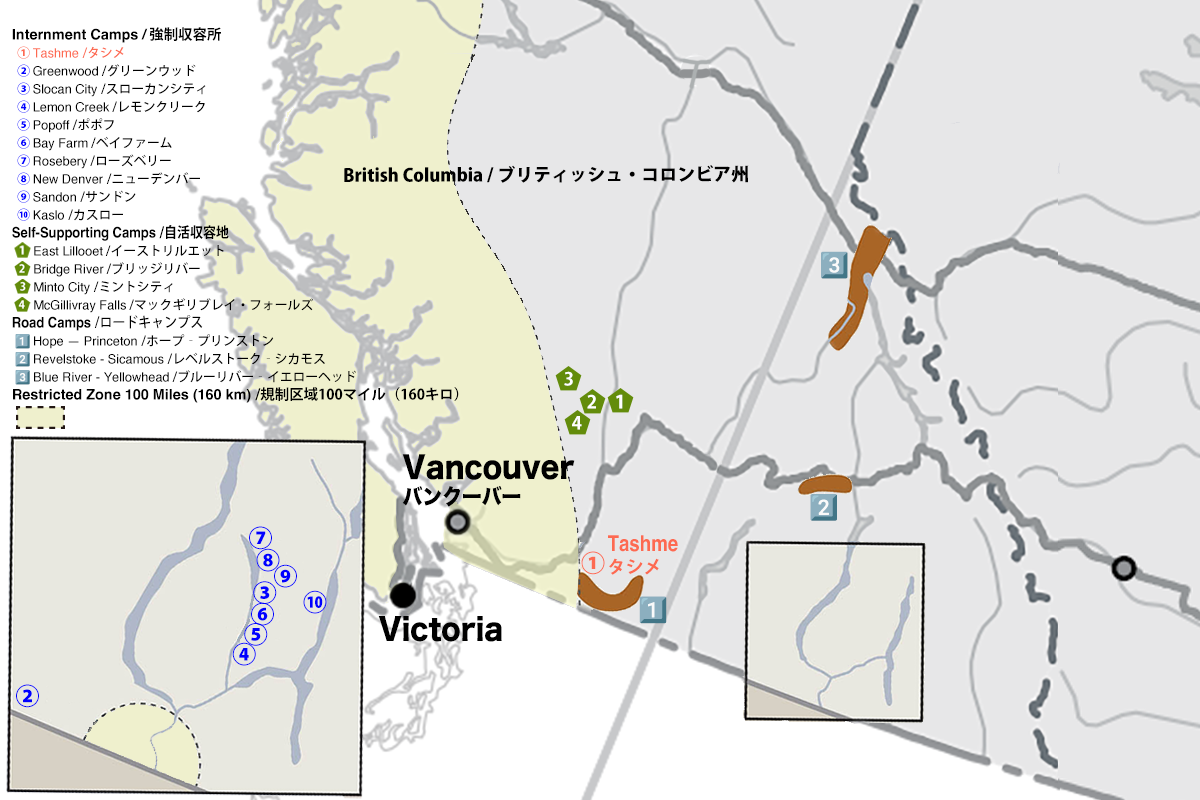
Hope-Princeton Road Camp
The Hope-Princeton Road Camp was established to construct a 133-kilometre road connecting Hope and Princeton. Among the three road camps in British Columbia, it was the closest to the “protected area,” and the families of those men were housed nearby in the Tashme internment camp.
Revelstoke-Sicamous Road Camp
The Revelstoke-Sicamous Road Camp was set up for highway construction between Revelstoke and Sicamous. Approximately 500 Japanese Canadian men were sent to this camp. They worked on developing, improving, and reconstructing a 44.5-mile (approximately 71.6 kilometres) section of the Trans-Canada Highway west of Revelstoke for two years and four months.
Blue River-Yellowhead Road Camp
The Blue River-Yellowhead Road Camp, located near the Alberta border, began operations in February 1942. Its purpose was to construct a highway connecting British Columbia and Alberta. At its peak in 1942, around 1,500 Japanese Canadian men worked here. However, by May 1946, only 35 workers remained.
***

***
